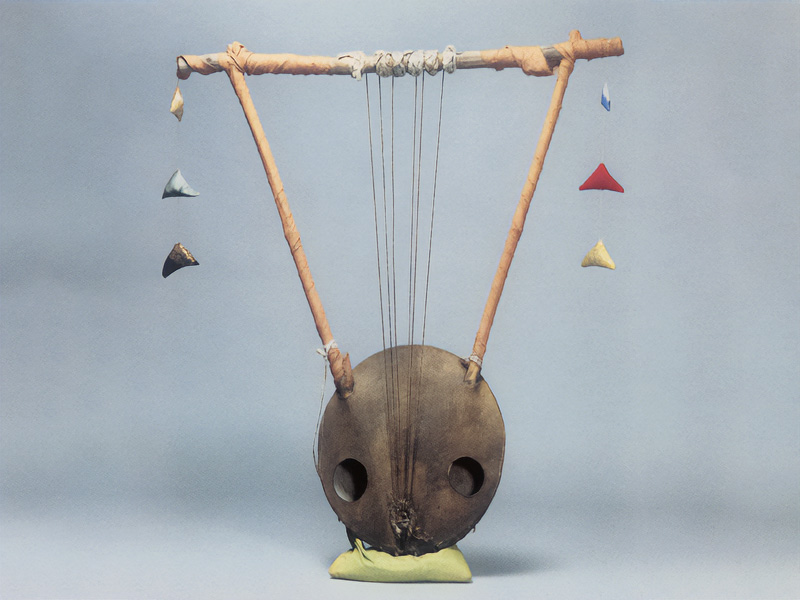The impact of new concepts and beliefs on artistic output: The example of Zar
Issue 60

Mohammad Ahmad Jamal, Bahrain
Zar is a set of rituals that include dancing and singing that are performed to appease or drive away jinn who share these characteristics – Muslim, infidel, evil, peaceful, earthly, heavenly, etc. – and possession by jinn may have originated in places like ancient Egypt, India or England where people believed that jinn could possess men and women and cause organic or mental illnesses or social problems. Once the person has healed and is ready to perform the appropriate rituals, he plans a party for his friends.
The Zar must be viewed within a social and cultural context.
According to psychologists, it is "a psychophysiological phenomenon in terms of the characteristic motor performance of the associated emotions, and the consequent internal and outward changes for the practitioner, and the following relaxation and sense of psychological ease".
Furthermore, the fact that Zar rituals differ among groups is normal because of social, cultural, psychological or religious factors, as discussed in ethnomusicology.
The Zar has disappeared, and the following factors highlight the reasons for its downfall:
1) The community's failure to respond collectively to practices related to witchcraft, except within very narrow limits, and to condemn them, causing those who practiced them to retreat to areas far from residential neighbourhoods and, later, to designated areas known to Bahrainis as places for vows, rites and visits to religious sites.
2) Bahrain’s rapid civic and urban growth following the discovery of oil, the expansion of education and the building of psychiatric institutions raised awareness about modern treatments and encouraged people to rely on these rather than magic.
Although these two factors contributed significantly to the disappearance of Zar, the researcher concluded that there is an instinctive defence of the Zar and its rituals and an attempt to revive it.







































































